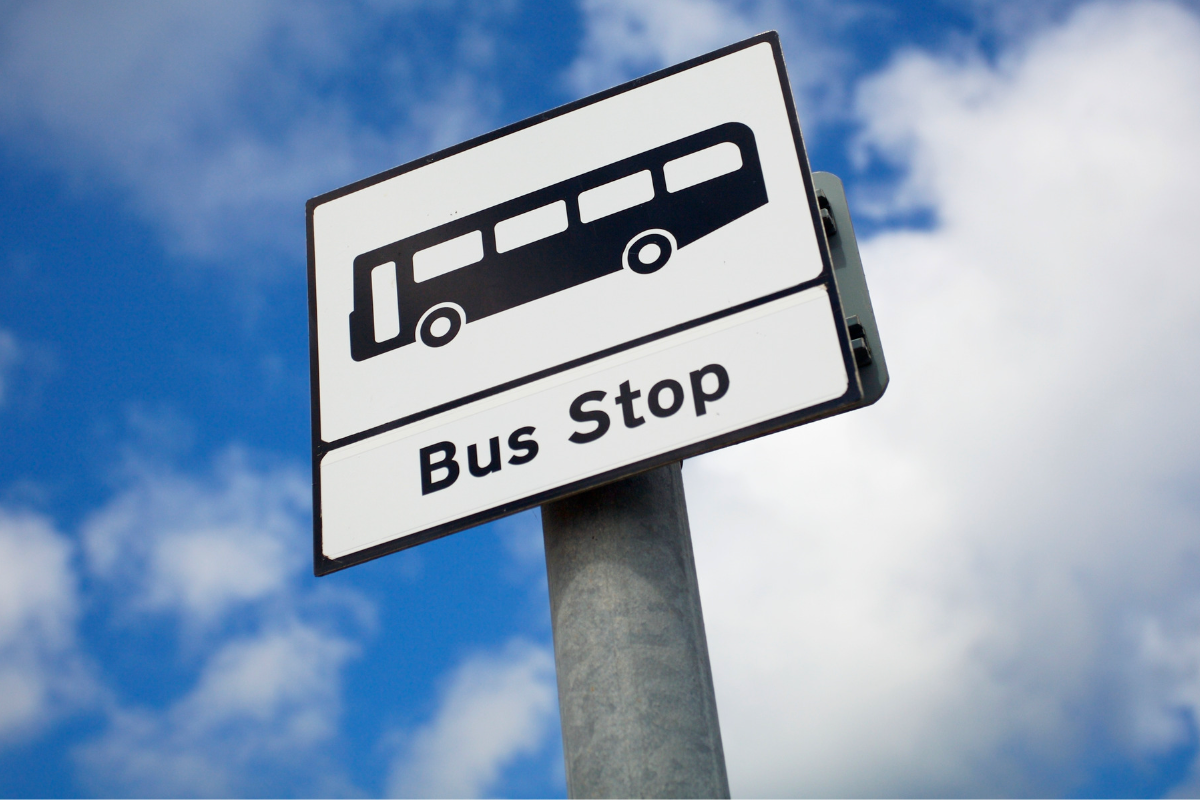
The future of bus services across the York & North Yorkshire Combined Authority (YNYCA) area is set to undergo a comprehensive review, following a decision to extend the delegation of the Mayor's transport powers to North Yorkshire Council (NYC) and City of York Council (CYC) for another nine months.
The delegation of powers, originally necessitated because the Combined Authority was not immediately ready to deliver these services upon the Mayor's election in May 2024, was previously extended until the end of June 2025. Now it has been extended to April 2026 meaning North Yorkshire Council will continue to oversee the counties bus services.
Andy Kerr, the Mayor's Director of Economy, stated that this approach would "ensure the continuity of frontline delivery of bus services" across the Combined Authority area. Financial budgets and delivery teams for day-to-day bus services currently reside with NYC and CYC, and any additional bus grants secured by the Mayor for the 2025/26 municipal year have been allocated to these councils for enhanced services and new infrastructure.
A Bus Services Delivery Review will commence immediately, with officers from YNYCA, NYC, and CYC collaborating to determine the optimal long-term arrangements for bus service provision from April 2026 onwards. The review aims to establish whether responsibility for day-to-day delivery of bus services should be moved to YNYCA, while avoiding disruption to frontline services.
The review will cover critical issues including the effectiveness of current arrangements for passengers and funding sustainability, the ability of bus service delivery teams to align with the Mayor’s priorities, and an assessment of workforce and resourcing requirements. It will also consider the implications of the region being chosen as one of the areas to pilot rural and urban franchising, as referenced in the 2025 Spending Review which allocated "£750 million per year to maintain and improve bus services".
City of York Councillor Pete Kilbane highlighted the urgency and complexity of the task,
"We really do need to crack on with this now if we're going be ready in time for April.
I think it is a big challenge but it is also a very positive time for the region being chosen to be one of the areas that's going to look at piloting rural and urban franchising, which I think is going to be even more complicated than bringing the buses under the combined authority.
But, the challenges that we've got to rise to because for many people in our region, the bus is a lifeline. It is the only way of getting from where they live the places that they want to be, whether that's for work or leisure. So, the sooner that we can get on with this and start delivering a bus service in the region and in the cities that is fit for purpose, the better."
Mayor David Skaith underscored the unique challenges facing the region compared to more urbanized city centres where Combined Authorities have typically emerged, he highlighted how coastal communities have been left behind.
"The fact that we've been part of the franchise model pilot from the government is a great opportunity, rural and coastal have been left behind massively.
I've spoken to many communities who speak about the weekly bus, and that's just not good enough. So having opportunity to really transform that and actually improve that connectivity, because for many people, that bus is a lifeline for so many people, not just for work, but for education, for social, for everything.
So how we get this right is absolutely imperative. And using the expertise in both York and North Yorkshire to help us deliver on that will be absolutely key. "
City of York Council leader, Councillor Claire Douglas also sits on the Combined Authority board she acknowledged the level of the challenge that the regions geography presents for bus services.
"This is an opportunity for us, and we don't at all underestimate the level of the challenge given the rurality of our region. We are the biggest rural and city region in the whole country. But nevertheless, there are other parts of the country that have similar problems , in different geographies.
And so this isn't going to be just a solution or a test of methods that could potentially work in our region. It could be applicable in other parts of the country. And let's face it, rural communities all over the country need better public transport. So I think we need to find a way of making this work."
Mike Scott, the Mayor's Transport Lead, indicated that the initial phase of the franchising pilot involves "a desktop exercise" rather than any actual service deployments
"Initially it is a desktop exercise of of work, and that's the stage we are at anyway of looking at options and what they could offer us.
So the DFT they want to support us in doing that and fund their own pilot studies working with us and a small handful of other local authorities like us with rural areas.
Where that leads to in terms of implementing, that's something that we'll work with the department to understand and to make sure that we punch our maximum weight in that.
But yeah, initially funding for study work."
Councillor Gareth Dadd expressed cautious optimism regarding government funding for connectivity, but wonders where the money is coming from to actually deliver improved bus services.
"I hear that the government's putting its money where its mouth is, I look forward to that because whichever way you cut it, to achieve connectivity at the levels that we all aspire too will cost money and local authorities have not got it.
You have it, Mr. Mayor, in terms of your mayoral investment fund, you've got bits of it, but you've got nowhere near the type that will be required to connect every village every day, as some people are demanding.
We spoke about a bus turning up our weekly bus. I represent villages that haven't got a bus and haven't had for 10 or 12 years. But what we do, we backfill it for essential journeys with things like community car schemes and neighbours help out, and that's the way we get through in rural North Yorkshire in many ways.
So I'm, it's not that I'm being pessimistic or doom-mongering, I'm being realistic. "
The delegation of powers is anticipated to have no direct financial implications for the Combined Authority beyond agreed funding allocations to local authorities. However, the outcome of the Bus Services Delivery Review could have "significant financial implications" as well as "significant legal and organisational implications" for YNYCA.



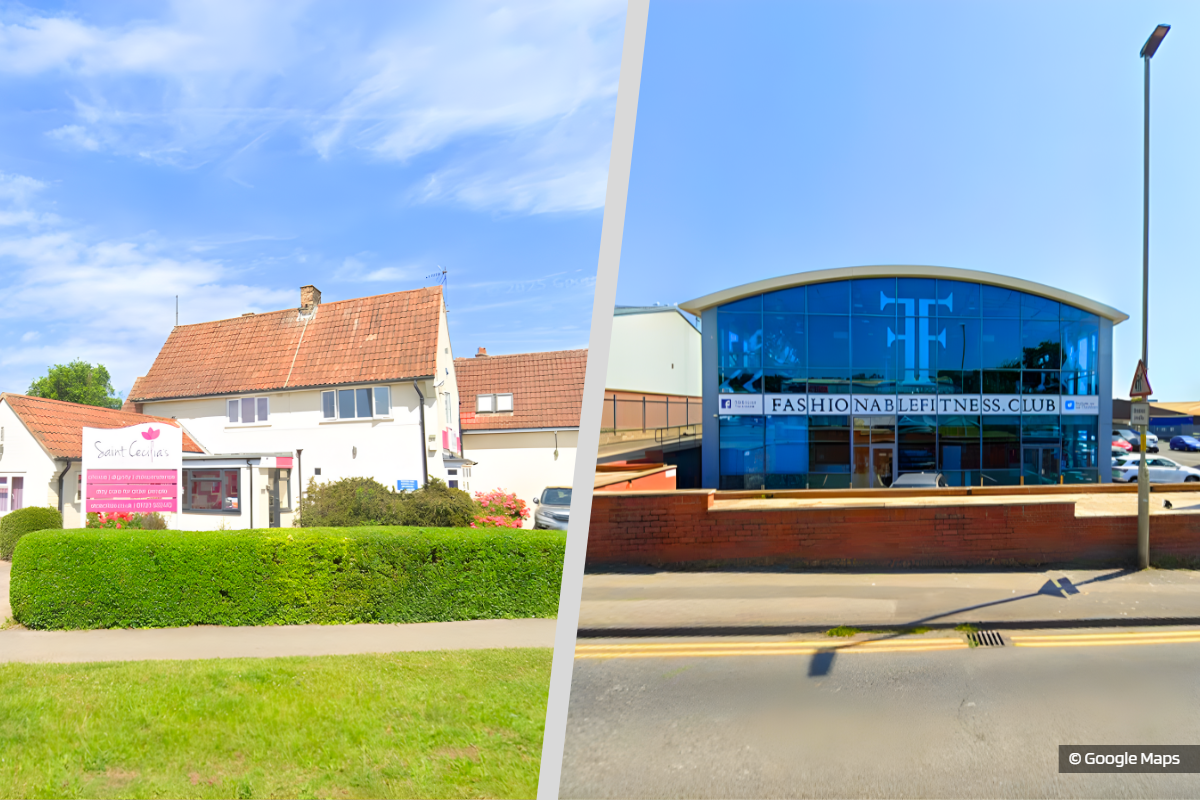 Eastfield Medical Team Finds a Home Closer to Patients Following Flood Chaos
Eastfield Medical Team Finds a Home Closer to Patients Following Flood Chaos
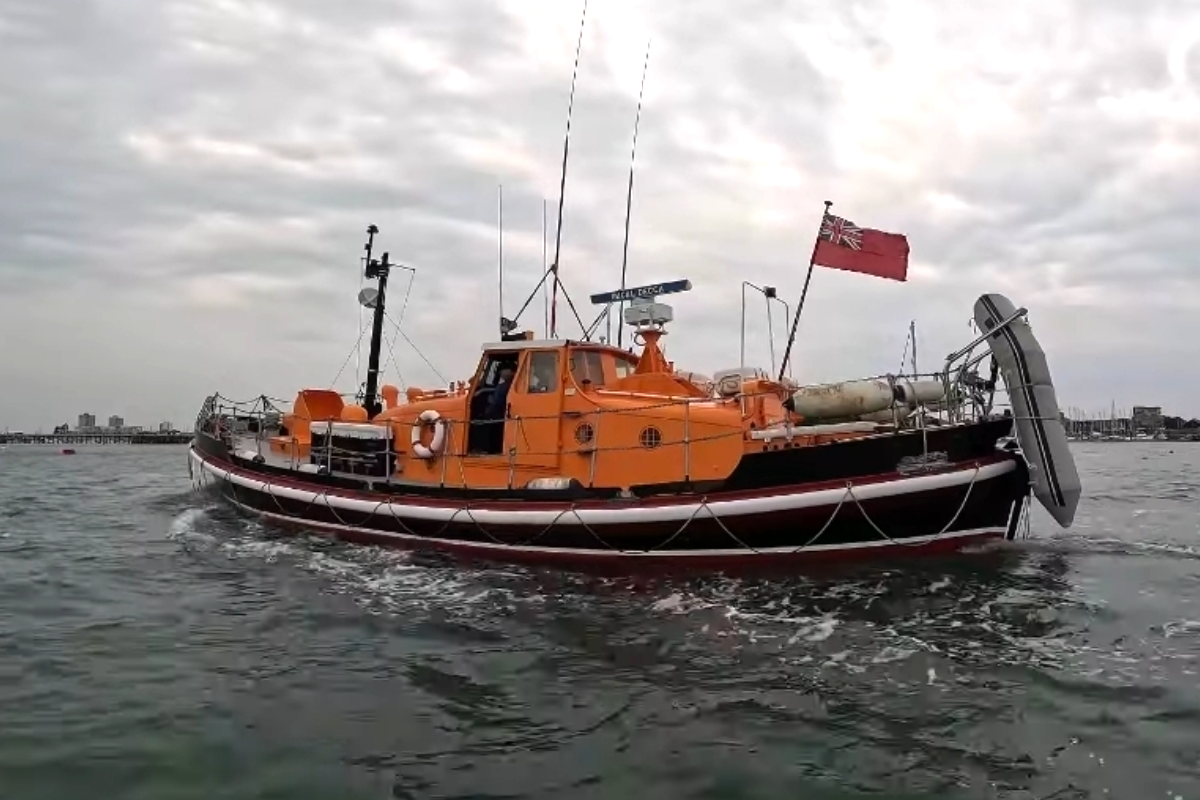 Whitby Heritage Lifeboat to Offer Lifeline to Disadvantaged Children
Whitby Heritage Lifeboat to Offer Lifeline to Disadvantaged Children
 Expert Support for Scarborough’s Bid to be ‘Town of Culture’ and Secure £3.5m Prize
Expert Support for Scarborough’s Bid to be ‘Town of Culture’ and Secure £3.5m Prize
 Scarborough Land Train Proposal Gets Enthusiastic Support from Council
Scarborough Land Train Proposal Gets Enthusiastic Support from Council
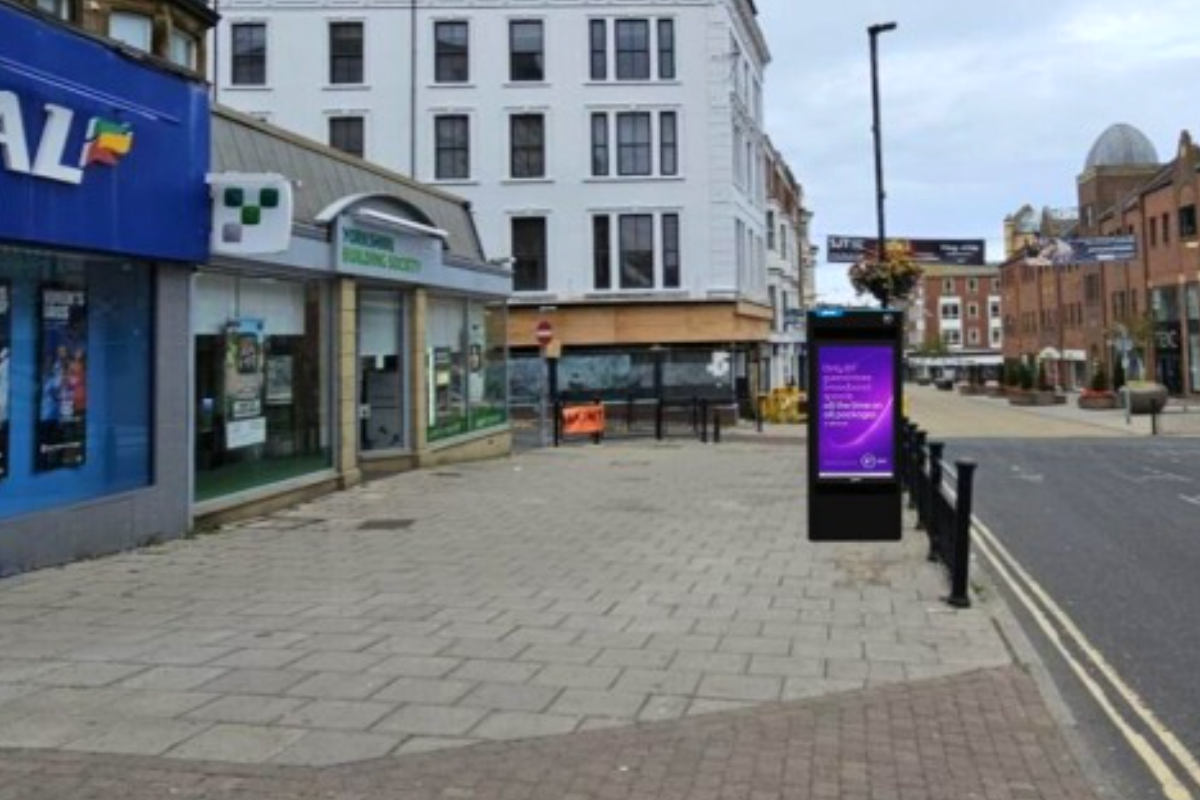 BT ‘Street Hubs’ Proposed for Scarborough
BT ‘Street Hubs’ Proposed for Scarborough
 Christmas Community Dinners Planned for Scarborough and Eastfield
Christmas Community Dinners Planned for Scarborough and Eastfield
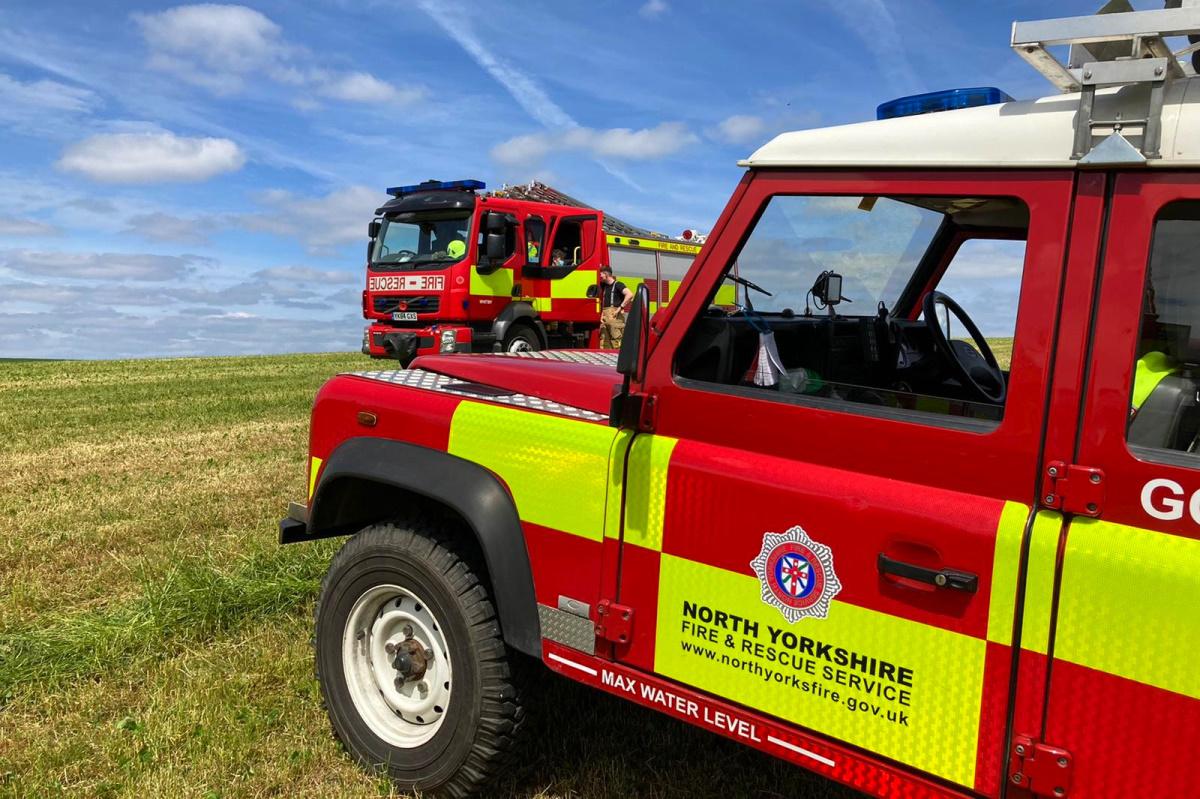 Scarborough Fire Station to be Prioritised for Major Redevelopment in New Fire Service Plan
Scarborough Fire Station to be Prioritised for Major Redevelopment in New Fire Service Plan
 Scarborough and Whitby Fake Dolls Seizure Prompts Safety Warning as Christmas Nears
Scarborough and Whitby Fake Dolls Seizure Prompts Safety Warning as Christmas Nears
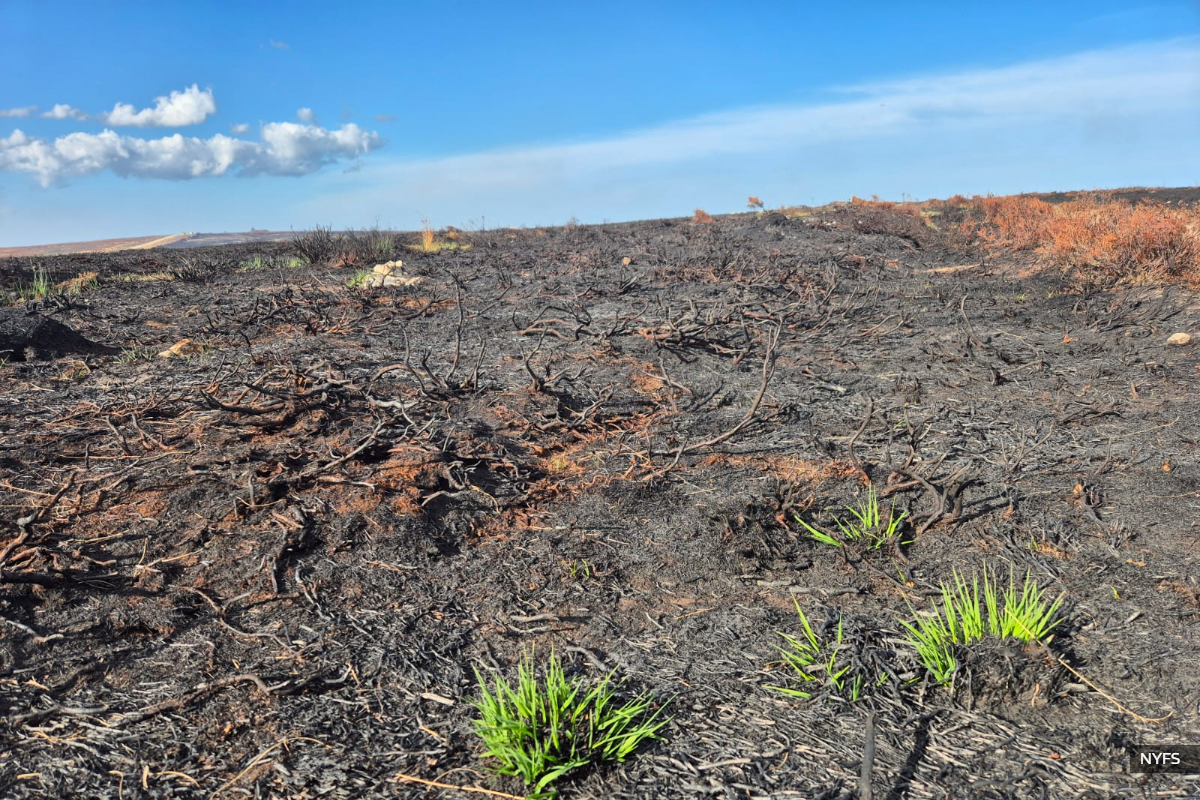 Filey MP Expresses Disappointment at Lack of Wildfire Support for Farmers
Filey MP Expresses Disappointment at Lack of Wildfire Support for Farmers
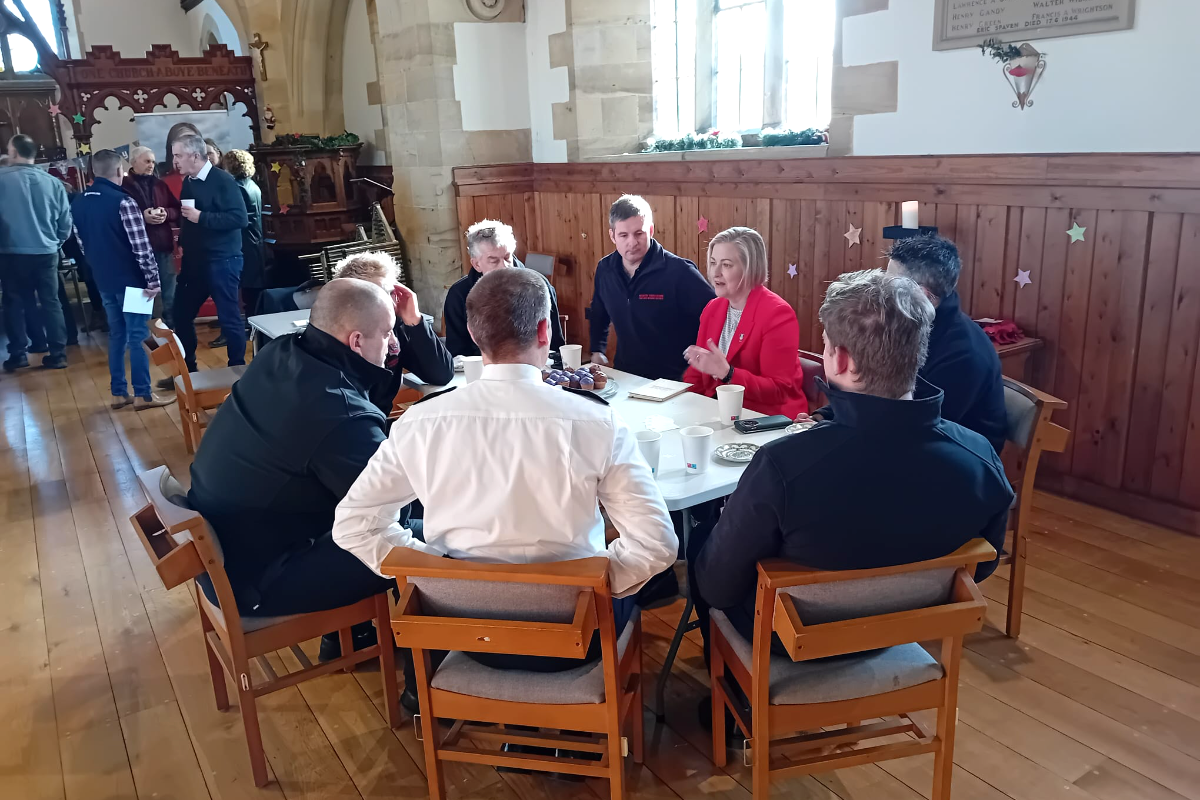 Scarborough and Whitby MP Thanks Moorland Wildfire Heroes
Scarborough and Whitby MP Thanks Moorland Wildfire Heroes
 Eastfield Community Groups Given 15-Month Deadline to Secure £3.2 Million Investment
Eastfield Community Groups Given 15-Month Deadline to Secure £3.2 Million Investment
 North Yorkshire Moors Railway Steams Ahead with New YouTube Channel
North Yorkshire Moors Railway Steams Ahead with New YouTube Channel








Comments
Add a comment